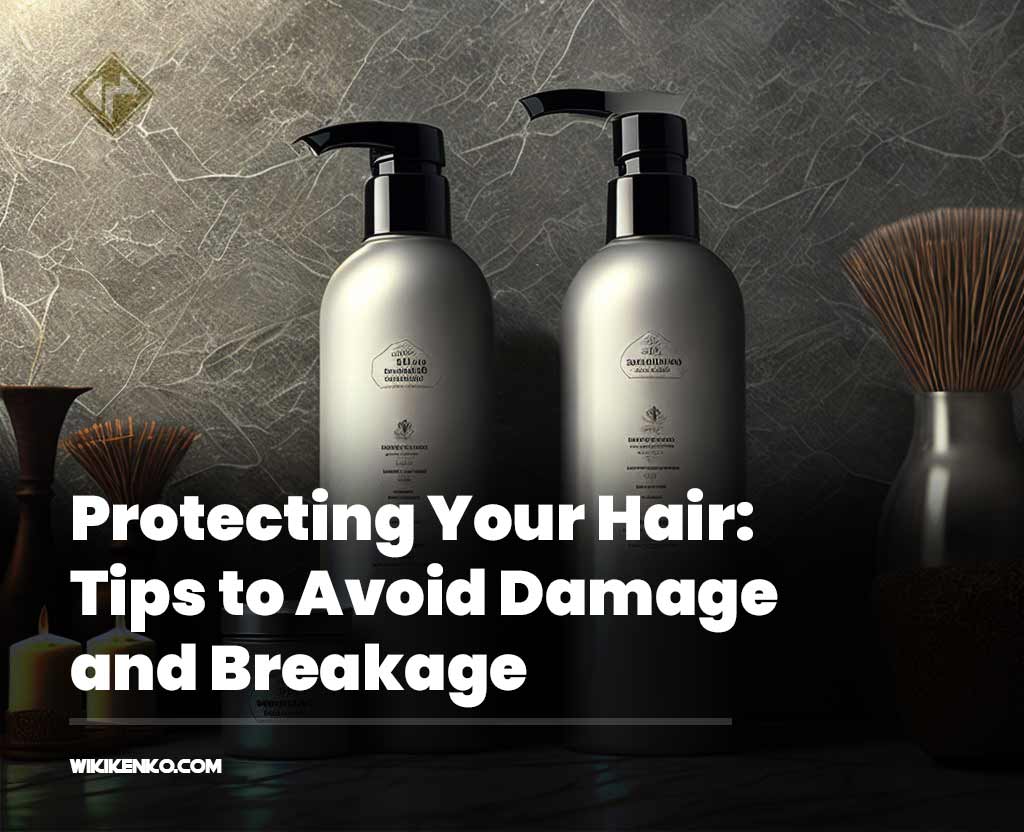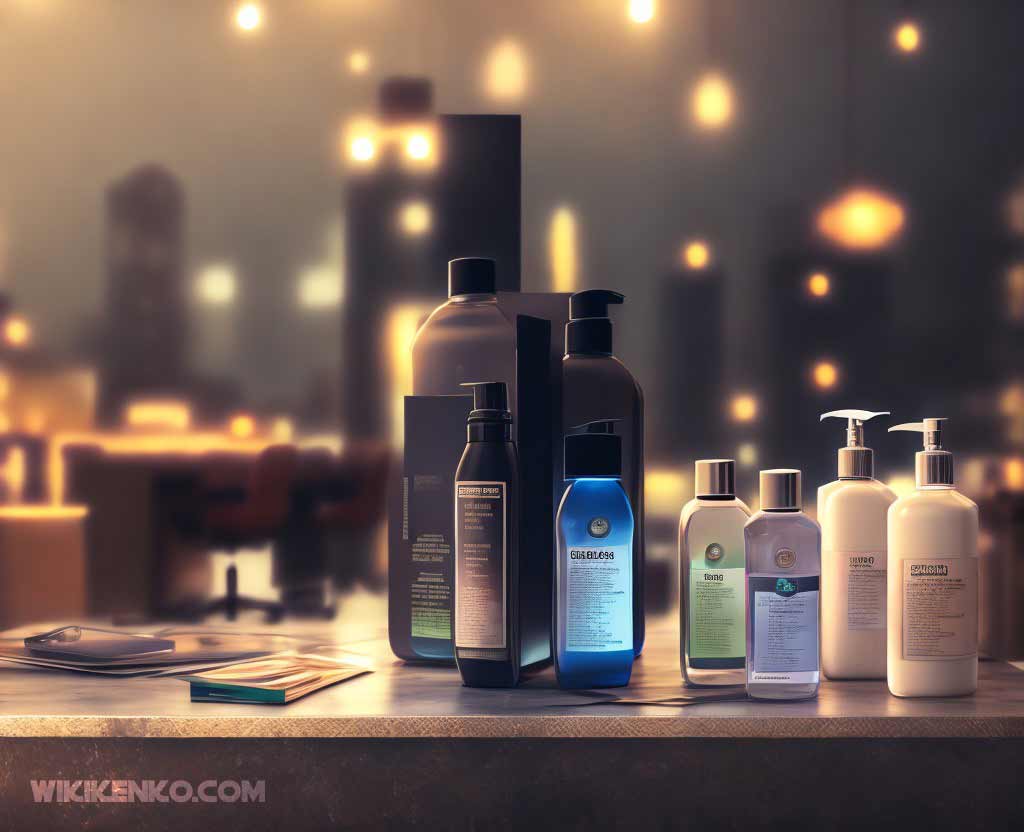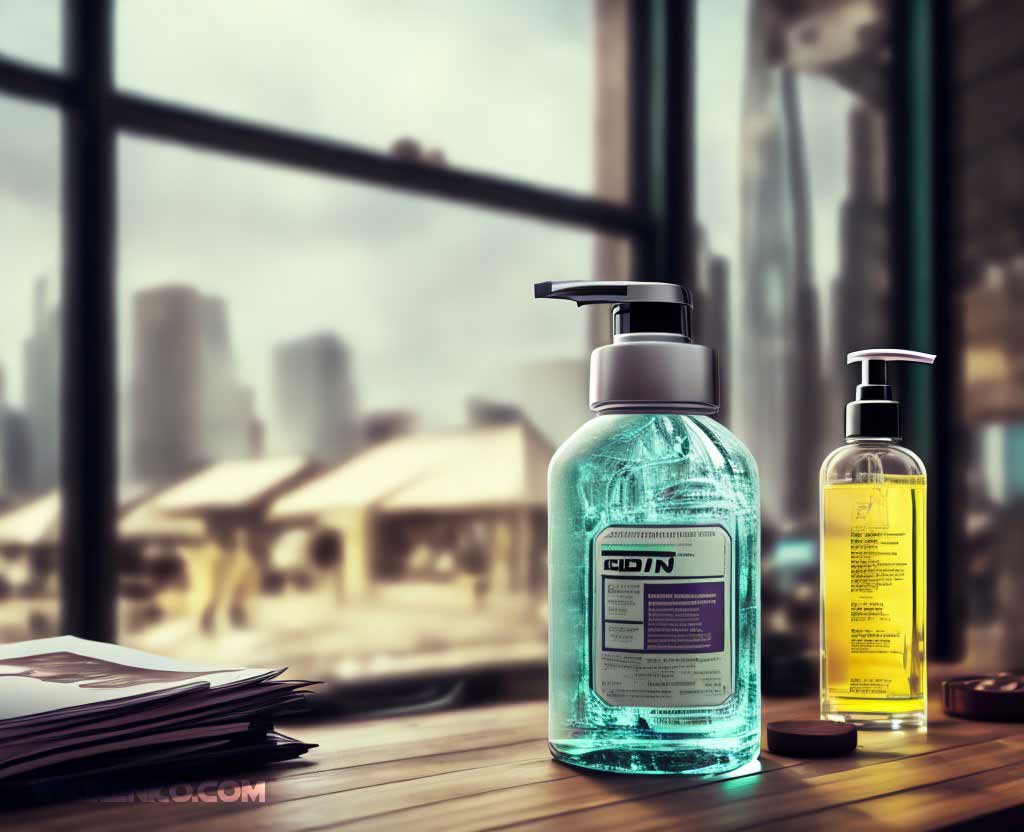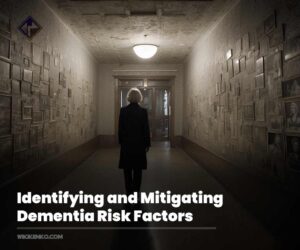Maintaining healthy hair is important for both men and women. It not only affects your overall appearance but also your confidence. There are many factors that can damage your hair, including blow drying, flat irons, coloring, age, and diet. In this article, we will explore some tips to help you maintain healthy hair.
1. Avoid Blow Drying and Flat Irons
Regular use of a flat iron or blow dryer can cause breakage and irreparable damage to your hair. To avoid this, it is recommended that you wash your hair less frequently and only use heating products when you are styling your hair for a special occasion. There are products on the market that offer a level of protection against heat, but they cannot totally prevent breakage.
2. Be Careful with Coloring
Chemicals in hair coloring can break down and weaken the protein in the hair shaft. If you color your hair regularly, you can cause significant damage. Opt for foils instead of a full tint when coloring and get your hair trimmed every 6-8 weeks. Once you’ve had your hair colored, it’s important to look after it by using salon-quality shampoo and hair masks.
3. Consider the Effects of Aging
Hair, like many parts of our body, becomes weaker as we age. Older people often have thinner hair than when they were younger. However, there are ways to slow down the aging process, such as a healthy diet and regular exercise.
4. Watch What You Eat
The foods we eat and the air we breathe contain chemicals and pollutants that can damage our hair. It is now possible to analyze hair to find nutritional deficiencies. Always use a conditioner after shampooing your hair, and use your fingers or a wide-toothed comb to keep your hair detangled. Your conditioner should provide enough lubrication to prevent breakage from pulling.
5. Use the Right Products
There are many hair care products on the market, but not all are created equal. Use salon-quality shampoo and conditioner that suits your hair type. If you have dry or damaged hair, consider using a hair mask or leave-in conditioner.
6. Protect Your Hair from the Sun
The sun’s UV rays can damage your hair, causing dryness and breakage. Protect your hair by wearing a hat or applying a hair product that contains SPF.
7. Be Gentle with Wet Hair
Wet hair is more fragile and prone to breakage. Avoid brushing or combing wet hair, and use a microfiber towel or an old t-shirt to dry your hair instead of a regular towel.
8. Avoid Tight Hairstyles
Tight hairstyles like braids and ponytails can cause tension and breakage. If you must wear your hair in a tight style, use a soft hair tie and avoid wearing it for extended periods.
9. Get Enough Sleep
Sleeping habits can affect your hair health. Lack of sleep can cause stress and hormonal imbalances, which can lead to hair loss and damage. Aim for 7-8 hours of sleep per night to promote healthy hair growth.
Conclusion
Maintaining healthy hair requires effort and attention to detail. By following these tips, you can protect your hair from damage and promote healthy hair growth. Remember to use salon-quality products, protect your hair from the sun, and be gentle with wet hair. Avoid tight hairstyles and get enough sleep to promote healthy hair growth.
FAQs
-
How often should I wash my hair?
It depends on your hair type and lifestyle. If you have oily hair or sweat a lot, you may need to wash it more frequently. Otherwise, it is recommended to wash your hair every 2-3 days.
-
Can I color my hair without causing damage?
It is difficult to color hair without causing some damage, as the chemicals used in hair dye can weaken the hair shaft. However, you can minimize the damage by opting for foils instead of a full tint and by taking good care of your hair before and after coloring.
-
How often should I wash my hair?
The frequency of washing your hair depends on your hair type and lifestyle. If you have dry hair, it is recommended that you wash it less frequently, about once or twice a week. If you have oily hair or engage in activities that make your hair sweaty or dirty, you may need to wash it more frequently.
-
Can heat protectant products prevent all hair damage?
No, heat-protectant products can provide a level of protection against heat damage, but they cannot completely prevent all damage. It is still important to use heating tools with caution and limit their use to special occasions.
-
How can I prevent hair breakage?
To prevent hair breakage, it is important to take good care of your hair by using gentle hair care products, avoiding tight hairstyles, and limiting the use of heating tools. Regular trims and a healthy diet can also help maintain the strength and integrity of your hair.
-
Can hair loss be prevented?
While hair loss is a natural part of the hair growth cycle, there are some things you can do to prevent excessive hair loss. These include maintaining a healthy diet, avoiding tight hairstyles, reducing stress, and using gentle hair care products. If you are experiencing significant hair loss, it is best to consult with a healthcare professional or dermatologist.






